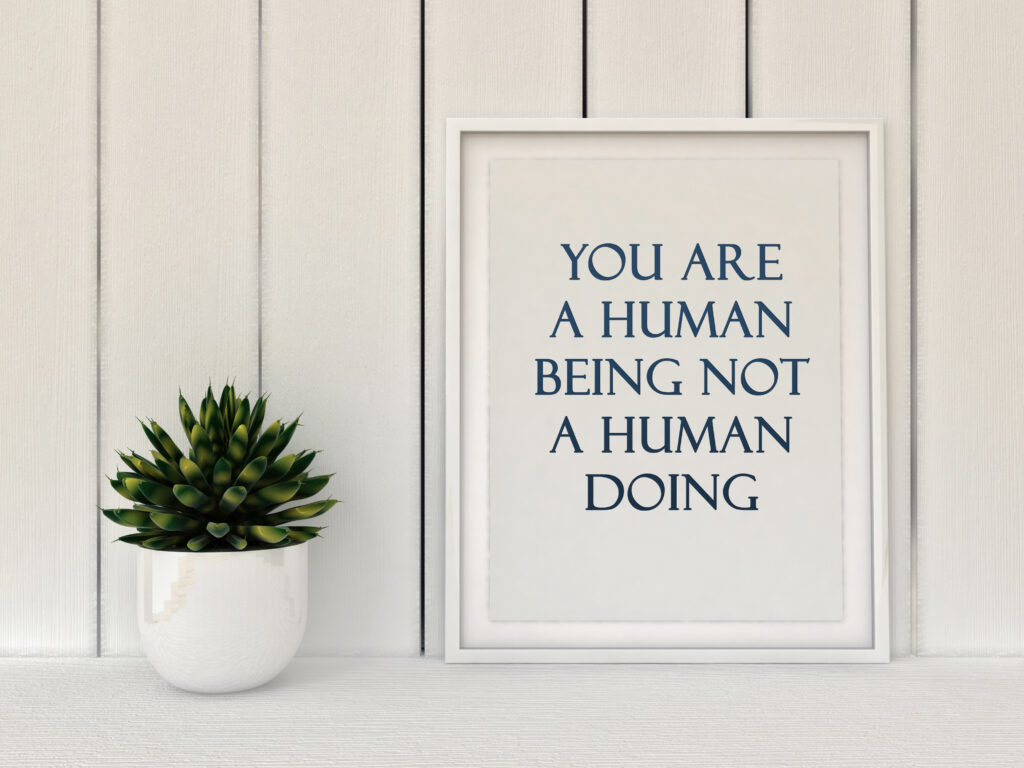
It was in 1984 When I first started meditating. I was introduced to it by a very spiritual Hindu Indian man; who was always kind and loving, a sort of Maharash, and one of the owners of a natural products manufacturing company .He saw that I was a restless and emotionally charged young man. I was going through a divorce. He saw this and took me “under his wing.” I was thirty-one and a business development executive for the company. I would sit in his office for hours at a time. He taught me over months the initial practice of the Tantric meditation method and gave me a Mantra to use in my meditation sessions. In the beginning, it wasn’t easy to focus and concentrate on my breathing. This was and still is because of my “always-talking brain,” which is annoying. Most of us: in fact, all of us, have this “always talking” part of our brain. My Deborah is an exception. The “always-talking” component of her brain is broken. You see, due to her anoxic encephalopathy condition, Deborah has no short-term memory. That component of her brain, that is, her “always talking,” doesn’t work or perhaps very little. Deborah can’t remember things that you’ve said to her 5 minutes later. The result of this is that Deborah is very near that Enlightened place called Nirvana. This Nirvana is, according to the Buddhist & Hindu scriptures, the achievement of enlightenment. I will write about this in a later chapter.

I was in and out of meditation over those younger years. Too busy, too anxious, traveling for business, generally pushing the all-american envelope of over-working. One of my favorite books by Eckhart Tolle is the “Power of Now.” The basic premise is that your brain is continually talking in three different planes of time; the past, the present, and the future. Tolle’s premise is that the only thing that really matters is “now,” and it is in the “now” this very second that we should all try to live. That is to say that if one can live in the “present,” one can be free of those issues and feelings that arise from our always-talking brain. For example, my thoughts are so often about what I “should do” (future)or what I “didn’t do” (past). These feelings of guilt are nothing more than feelings in the present sense. Have you ever just stopped and became aware of all these thoughts you are having? These feelings are not the real you: your “authentic being.” They are just thoughts. Have you ever thought about how much and how often your brain is interrupting you and taking your attention and focus away from a task that you’re performing? It can distract you. It can make you feel guilty or insecure or both! It is in the present moment that we are genuinely ourselves and free to take action. The past brings up thoughts and memories of things we did, something we didn’t do, things we should have done, things that we ought to do now.
When we wake up at 2:00 AM, and we can’t go back to sleep because we have anxiety and worry. These thoughts are holding us back from self-actualizing and succeeding in our true intentions. This is the crux of Gestalt psychology. You understand that the power comes from understanding that the always-talking brain isn’t reflective of your true self. This part of our brain has evolved to protect us. It’s simply a mechanism that is there to help us survive to stay alive. It will always give you a reason why you can’t take a risk. It will put fear into you to keep you from succeeding in those things that you authentically wish to accomplish in your life. The practice of meditation has become an essential daily practice for me. It has been so crucial in my transformation.

